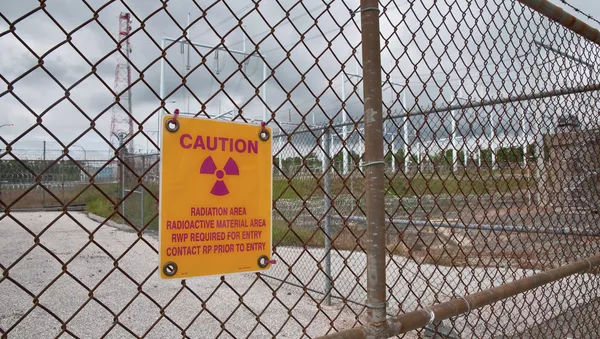"According to the motion [signed by over 80 Iranian lawmakers], if the Western sanctions against Iran are not lifted or if the US intends to impose fresh sanctions on the Iranian nation, it will face harsh reaction of Iran's parliament and administration," Ebrahim Karkhanei, chairman of the Iranian parliament's nuclear committee told Tasnim News Tuesday.
According to Karkhanei, "the entire contents of the Geneva agreement [could be] regarded as null and avoid" if the West persists with sanctions and in that case Iran would also "resume nuclear activities more vigorously and rapidly".
However, US Senator Bob Menendez said that he and his colleagues remain "deeply skeptical" of Iran's commitment to negotiations on its nuclear program.
The Obama administration has warned repeatedly that new Iran sanctions, imposed by the US Congress, would be counterproductive to the nuclear negotiations and the president has threatened to veto any legislation from Capitol Hill that calls for new Iran sanctions.
After years of talks, in November 2013, Iran and the P5+1 group comprising Russia, the United States, the United Kingdom, France, China and Germany, agreed to prepare a document ensuring the peaceful nature of Tehran's nuclear program. In exchange, the group of six nations guaranteed that the sanctions imposed on Iran would be lifted. The sides managed to reach only an interim accord on the nuclear issue.
During talks held in Vienna in November 2014, the sides failed to work out a comprehensive deal and extended negotiations until July 1, 2015.






